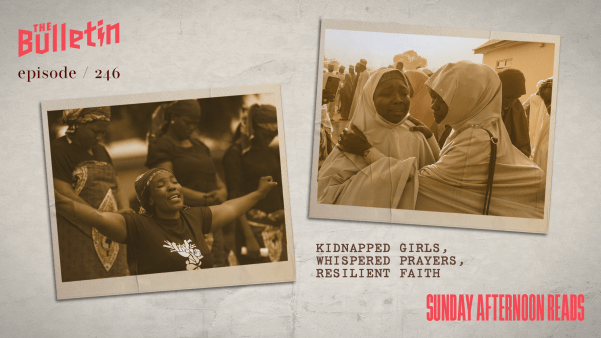Last December’s brutal attack by a gang of whites against four young blacks in Howard Beach, New York, was but another indication that racism is still with us. In fact, prejudice against blacks appears to be getting worse, in spite of progress made in the past two decades.
True, antidiscrimination legislation and affirmative action have given blacks greater access to adequate housing, equal education, and meaningful employment. The growing black middle class (the percentage of blacks in the middle class has doubled since 1965) can be cited as evidence that the laws may be working. But equal opportunity does not always guarantee progress. Two disturbing trends bear this out.
First, employment and income for blacks is declining. According to Department of Commerce figures, unemployment among black males has jumped from 433,000 in 1970 to 1,103,000 in 1985. During that same period, black median income dropped to $15,430 (median income among whites in 1985 was $27,690). One-third of all blacks live in poverty, compared to an 11 percent poverty rate among whites. Moreover, the Department of Education reports that blacks still have a higher school-dropout rate than whites, contributing to the 50 percent unemployment rate among black teens.
In those areas where progress is easily measured—employment, income, and education—blacks lag far behind, creating a climate for even further despair. Trapped in an unending cycle of uncompleted schooling, unemployment, and welfare, equal opportunity becomes meaningless.
But a more disturbing trend is the stepped-up group violence directed against blacks. At a recent civil rights march in Georgia, 400 Ku Klux Klansmen hurled rocks and insults, prompting Gov. Joe Frank Harris to put the National Guard on alert. Earlier this year, five members of the White Patriot Party were indicted on charges of conspiring to obtain weapons stolen from a U.S. military installation, allegedly to further the goals of their white supremacy movement. And though the 1964 Civil Rights Act assured fair housing opportunities for all races, de facto segregation continues. One example occurred last summer in Philadelphia, where violent protests welcomed blacks who tried to move into a white neighborhood.
That such ugliness persists should remind us that small gains do not guarantee victory. The struggles of the sixties exacted too high a cost to allow prejudice a toehold in a society that truly desires racial harmony. And the biblical imperatives of justice and righteousness ring too clearly for Christians to remain silent.
Like any sin, however, prejudice will not retreat from lofty pronouncements. It is a condition of the heart. Thus, we must first search out the sin in our own lives and expose it to God’s forgiveness. Only then will our social and political activism on behalf of blacks have the ring of authenticity. And only then will we have the spiritual platform upon which a true reformation between the races can be achieved.
By Lyn Cryderman.










